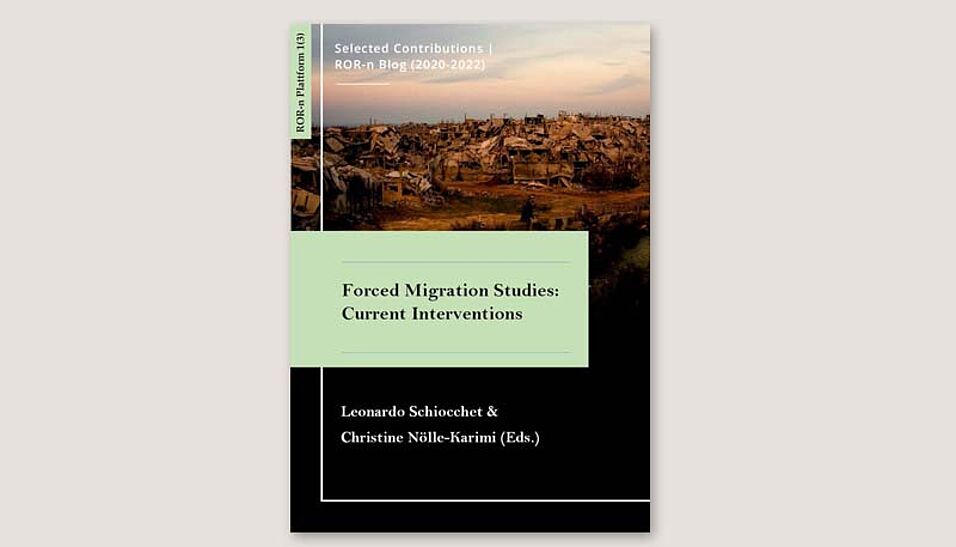In: Schiocchet, L. and Nölle-Karimi C. (eds.) (2022): Forced Migration Studies: Current Interventions. ROR-n Plattform Series 1(3): 177-187. Vienna: Austrian Academy of Sciences. https://doi.org/10.1553/RoR-n_Plattform_Vol_01(3).
A blog written by PhD student Rachael Diniega with co-author Daniela Paredes Grijalva has now been published in an edited volume by the Refugee Outreach and Research Network (ROR-n), "Forced Migration Studies: Current Interventions." You can find Rachael and Daniela's writing "Thinking of Environmental Migration through Translocality & Mobilities" on page 177.

